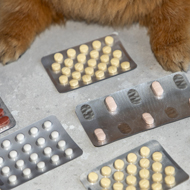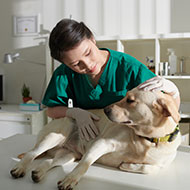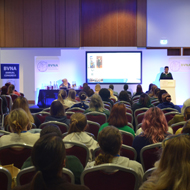RSPCA says UK must invest in humane alternatives to scientific procedures on animals.
The RSPCA is calling on the Government to phase out animal experiments and commit to investing in humane alternatives.
The charity’s message follows the release of a Home Office report that shows the lowest number of scientific procedures on animals since 2002. But, the RSPCA is highlighting that millions of animals are still used in procedures that cause pain, suffering, distress and lasting harm.
The Home Office report shows that in the UK during 2022:
- 2.76 million scientific procedures involving living animals were carried out in Great Britain; a decrease of 10 per cent on 2021 and the lowest number since 2002
- The proportion of experimental procedures that caused severe suffering has increased from 3.4 to 3.6 per cent (though numbers have decreased), and the number of ‘moderate’ procedures has increased from 22 to 27 per cent
- Ninety-six per cent of procedures (both for experimental and breeding purposes) used mice, fish, birds or rats; these species have been the most used for more than a decade
- Procedures on specially protected species (cats, dogs, horses and non-human primates) accounted for use in 0.97 per cent of experimental procedures; no specially protected species were used in procedures counted under creation and breeding of genetically altered animals
Dr Penny Hawkins, head of the animals in science team at the RSPCA, said: “Whilst it is positive to see the overall number of animals being used in scientific experiments decreasing, now is not the time to become complacent or accept the status quo. Millions of animals are still used in scientific research and testing, and we need a clear commitment and strategy from the UK Government to transition to non-animal technologies.
“The Home Office report showed despite this overall decrease, the proportion of experimental procedures that caused severe suffering has increased, and the percentage of ‘moderate’ procedures has also increased - which is deeply concerning to us. Animals can and do experience pain and distress as a result of being used in experiments and any increase, however small, in animal suffering is a huge worry for the RSPCA.”
The UK currently spends a small proportion of its annual budget on non-animal technologies, which the RSPCA says needs to change, urgently.
Dr Hawkins added: “A strategy for phasing out animal use is not about stopping important research, it is about reducing and avoiding the negative impacts - lab animal use and suffering. Phasing-out the use of animals is good for UK science, the economy and animal welfare.”






 The latest
The latest 
